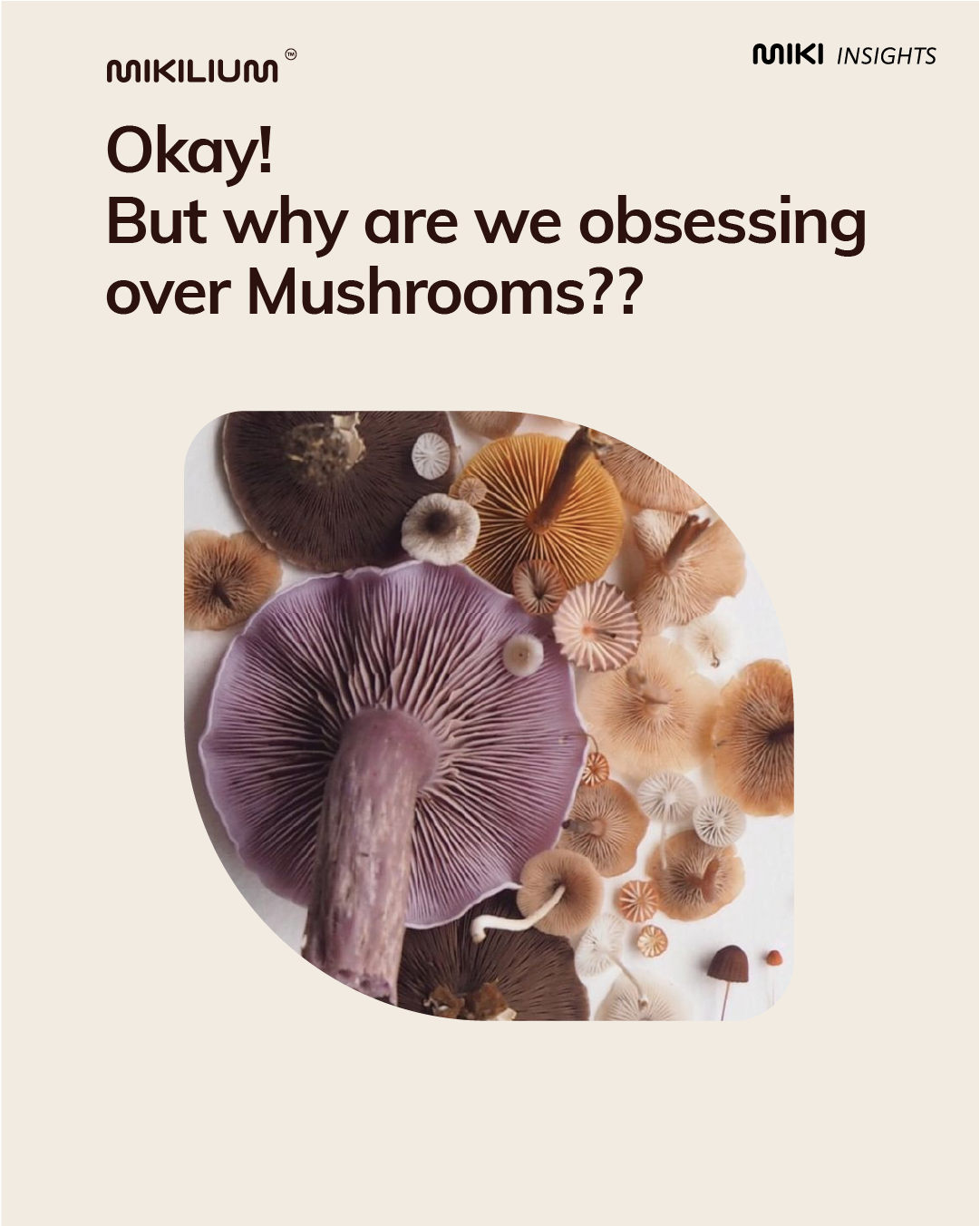
Mushrooms for the Environment
Share
Mushrooms are not only a delicious addition to meals, but they also play a crucial role in benefiting the environment. From improving soil health to reducing carbon emissions, mushrooms have a positive impact on the planet.
How do mushrooms improve soil health?
Mushrooms are known for their mycelium, which is a network of thread-like structures that help break down organic matter in the soil. This process releases nutrients back into the soil, making it more fertile and conducive to plant growth. In addition, mycelium can help prevent soil erosion by binding soil particles together.
Can mushrooms help reduce carbon emissions?
Yes, mushrooms can play a part in reducing carbon emissions. As mushrooms break down organic matter, they release carbon dioxide. However, this process is balanced by the fact that mushrooms also sequester carbon in the soil. This means that the overall impact of mushrooms on carbon emissions is positive, making them a valuable asset in the fight against climate change.
Do mushrooms have the potential to clean up the environment?
Absolutely! Mushrooms have the ability to break down a wide range of pollutants, including oil, pesticides, and heavy metals. This process, known as mycoremediation, can help clean up contaminated soil and water, making it safer for both humans and wildlife. By harnessing the power of mushrooms, we can address environmental pollution in a natural and sustainable way.
Are there any other environmental benefits of mushrooms?
Yes, mushrooms have even more environmental benefits to offer. For example, certain species of mushrooms can form symbiotic relationships with trees, providing them with nutrients in exchange for sugars. This mutually beneficial relationship, known as mycorrhizal association, helps trees grow healthier and stronger, ultimately benefiting the entire ecosystem.
In conclusion, mushrooms are not just a tasty ingredient in recipes – they are also valuable allies in promoting environmental sustainability. By understanding and harnessing the unique properties of mushrooms, we can work towards a healthier planet for current and future generations.










